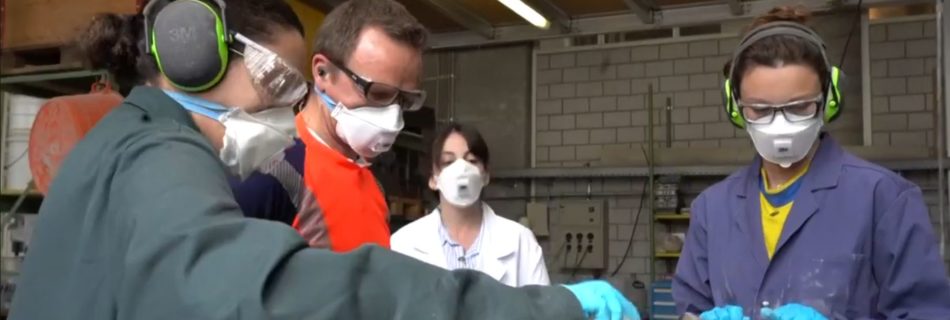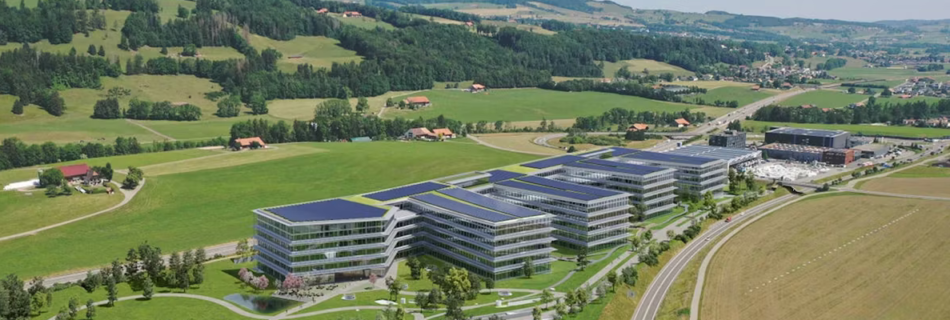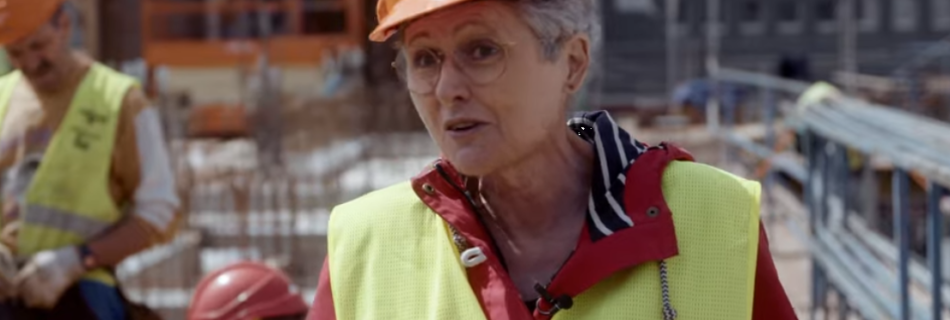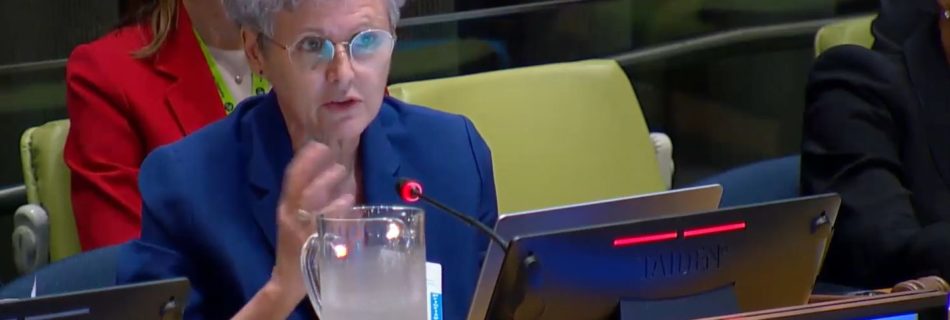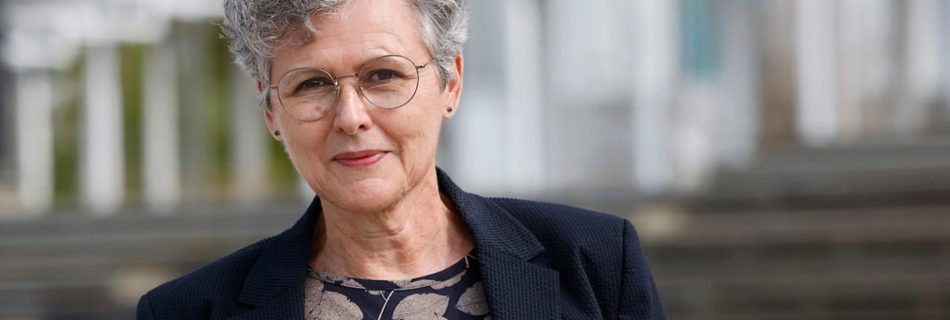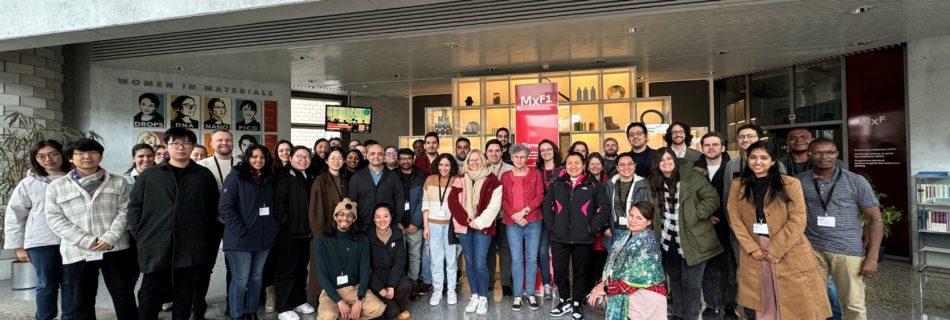The team from “Codice” of Rai Uno visited the lab at LMC and broadcast a feature piece about LC3. Subtitles in English are available – click on [CC]
Read MoreArticles by John Maxwell
Engineering a more sustainable skyscraper
Construction is underway on the 85-meter Tilia Tower near Lausanne: the first large-scale building in Switzerland to be built with a low-carbon cement developed in EPFL’s Lab of Construction Materials. Construction consortium Induni-Maulini broke ground on the Tilia Tower this spring, and the project is expected to finish in 2026. […]
Read MoreRolex will use LC3 in their new multi-building factory in Switzerland
According to the Swiss media outlet La Liberté, Rolex’s new factory in Bulle, Switzerland, which is slated for completion in 2029, will be constructed using LC3 cement. This multi-building complex (project currently under public consultation) will span 300 meters in length, and cover an area of 10,000 square meters. Remarkably, […]
Read MoreNZZ broadcast documentary on Green Cement
Prof. Karen Scrivener featured in a documentary by NZZ Format, broadcast by Swiss media outlet SRF1. The following documentary (30min) is in German, with subtitles that can be automatically translated (see below). Green concrete – will the climate killer become a climate saver? Concrete – a modern building material: houses, […]
Read MoreLow carbon cement can drive sustainable development in the Global South – here’s how
To meet sustainable development goals by 2030, about 600 million additional housing units need to be constructed compared to 2015 levels, primarily in Southeast Asia and Africa. A team led by Karen Scrivener, who heads EPFL’s Laboratory of Construction Materials, set out to assess the potential of LC3, a low […]
Read MoreKaren Scrivener addresses the United Nations
Karen Scrivener traveled to New York for the United Nation’s 9th Multi-stakeholder Forum on Science, Technology and Innovation for the Sustainable Development Goals. Karen was taking part in this panel as a member of the Ten High-level Representatives of Civil Society, Private Sector and Scientific Community to Promote Science, Technology […]
Read MoreUS government announces $6 billion initiative
Biden-Harris administration announces $6 billion to transform America’s industrial sector, strengthen domestic manufacturing, and slash planet-warming emissions The U.S. Department of Energy (DOE) today announced 33 projects across more than 20 states to decarbonize energy-intensive industries. For #cement and #concrete that’s: Out of the 6 projects, 3 are to develop #LC3 in California, Virginia, Maryland, Georgia and Texas, […]
Read MoreKaren Scrivener receives honorary doctorate from TU/e
Eindhoven University of Technology (TU/e) has announced that Karen Scrivener, head of the Laboratory of Construction Materials in the School of Engineering, will receive an honorary doctorate from the Dutch institution for her scientific contributions to the field of building materials. According to a TU/e press release, the institution honors […]
Read MoreKaren Scrivener appointed to United Nations SDG group
Karen Scrivener has been selected by the United Nations Secretary-General for the Group of Ten High-level Representatives of Civil Society, Private Sector and Scientific Community to Promote Science, Technology and Innovation for the Sustainable Development Goals (10-Member Group). The 10-Member Group forms part of the Technology Facilitation Mechanism (TFM), which […]
Read MoreProtected: Doctoral School Presentations
There is no excerpt because this is a protected post.
Read More